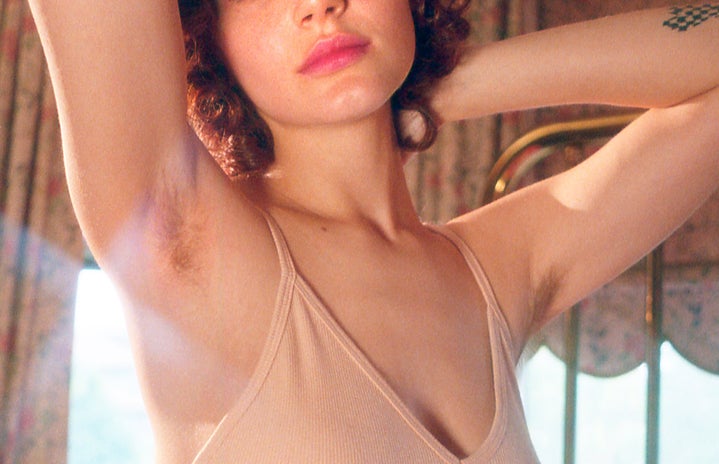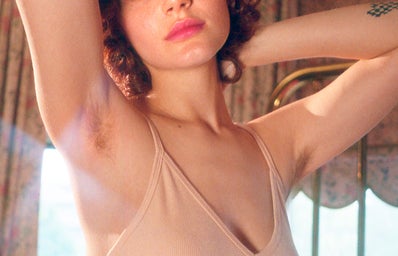Edited by: Lasya Adiraj
Back-to-college season is here, and the world is slowly returning to situations that require us to wear pants. Hence, we must go shopping for said pants, which is an exhausting and anxiety-inducing experience to say the least. Our shopping experience is nothing like the ones portrayed in popular culture — which is what brings us here, writing to you about trial room breakdowns. About the harsh lights and the unflattering angles that throw light on our flaws, so much so that it blinds us. We forget who has autonomy over our bodies. We forget that clothes must be tailored to our needs, not the other way round. We sit on the tiny black seat and we sigh, staring at those low rise jeans that just won’t go past our thighs. We stuff ourselves into scarf tops and short shorts, as our body watches on, mute and distraught.
The internet has a short memory. It speaks of equality and acceptance but has no qualms in bringing back fashion trends that negate the existence of all body types that aren’t petite and skinny, with Pinterest mirror selfies reminding us of what we must, but cannot, look like. It is as if the people who make these clothes and the ones who make them fashion trends collectively ignore the existence of our bodies. The early 2000s was overtly fatphobic, with popular sitcoms and movies glorifying eurocentric beauty standards and using fatness as the perpetual butt of really poor jokes. (Read: F.R.I.E.N.D.S). What is the point of sharing an ‘all bodies are beautiful’ story only to mindlessly bring back a trend that holds collective trauma in so many bodies? Why must fashion be judged exclusively by the bodies that wear it? We refuse to bear the burden of consumerist narratives and harmful stereotypes.
While there have been attempts to dismantle the ‘zero figure culture’, these attempts have been severely unidimensional. Under the farce of embracing the idea of respecting all bodies equally, the internet’s body positivity movement has pushed consumerist narratives of a ‘curvy’ woman who has a flat stomach, big breasts, and an irrational fondness for fashion nova dresses. Body neutrality continues to be ignored and eurocentric aesthetics are held high.
Fat is so much more than an adjective, carrying connotations heavier than fat people themselves. Fat is an accusation, a joke, an insult, an entity in itself. Who is fat enough, and who is the deciding authority?
Fat people are discriminated against in multitudes of ways. It is not uncommon for a fat person to receive an incorrect diagnosis where all symptoms have been viewed as a result of their allegedly ‘unhealthy’ body. Skinny and small bodies are considered to be the standard body types, against which bigger bodies are measured. From paying extra for two seats in an airplane to getting charged more for waxing, fat people have to consistently fight to legitimise their existence.
One cannot speak of their experiences as a fat person without the conversation segueing into the need to acknowledge skinny shaming. Skinny shaming is trauma that deserves to be talked about, but not as a response to fat people sharing their experiences. One cannot equate institutionalised oppression and collective violence with personal experiences. Allow fat people to take up their rightful space in conversations, at the very least. We are not asking for affirmations and self love slogans. All it does is serve as a consolation prize from a society that refuses to make space for us.
I’m Reha. 34/33/42.
I’m Ragalika. 36/31/47.
We don’t fit into Gen Z Flared Jeans, and that’s honestly not our problem.



